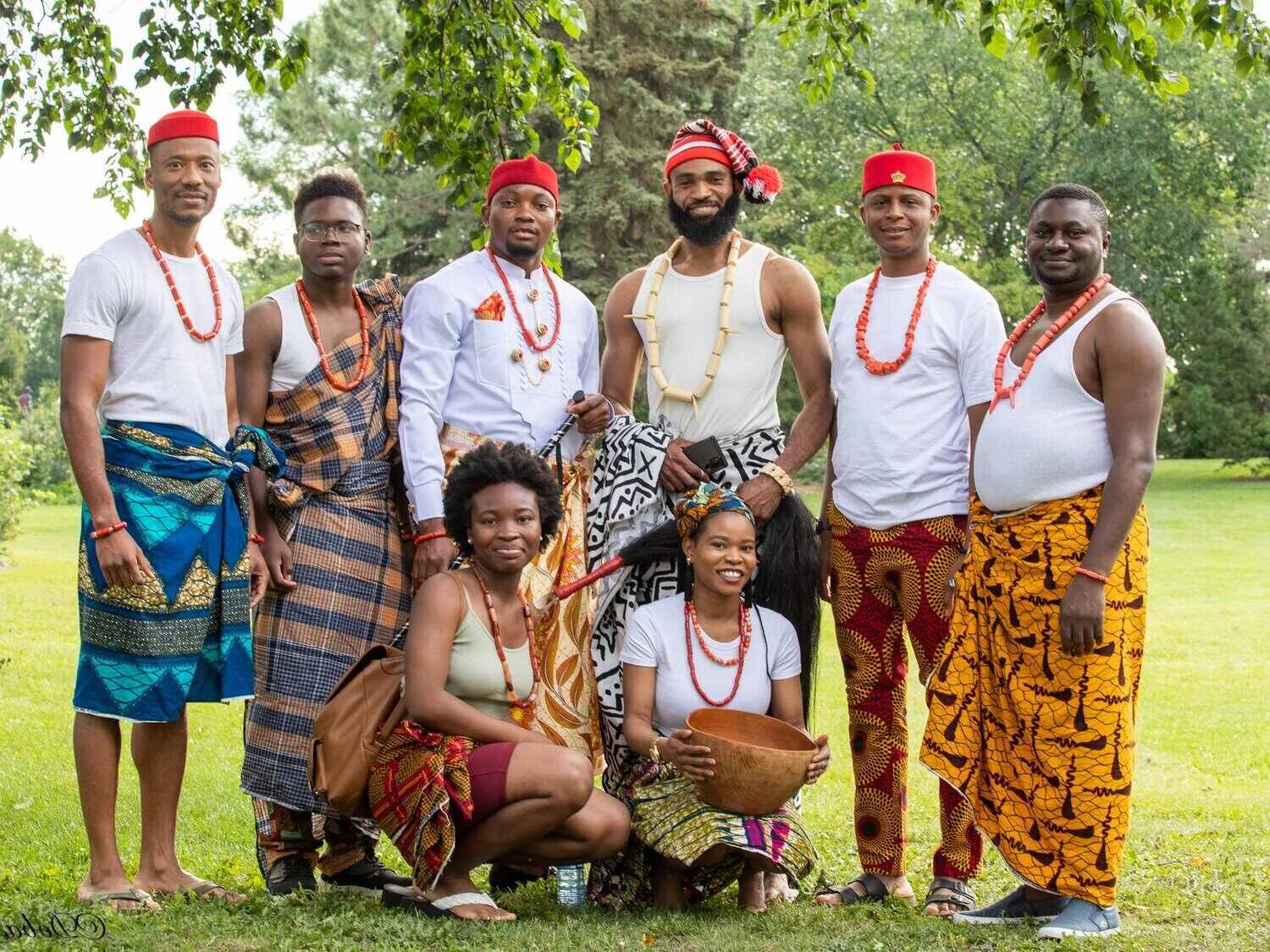
The Igbo people, an ethnic group native to southeastern Nigeria, have a fascinating and complex history that spans thousands of years. From ancient civilizations to colonialism and beyond, the Igbo have played a significant role in shaping the course of human history. In this blog post, we'll delve into various aspects of Igbo history, highlighting their achievements, struggles, and contributions to the world.
Ancient Igbo Civilizations: The Nri Kingdom
The Nri Kingdom, which flourished from the 10th to the 15th century, is one of the earliest known Igbo civilizations. Located in present-day Anambra State, Nigeria, the kingdom was a major center of trade, commerce, and culture. The Nri people were skilled craftsmen, farmers, and artists, and their kingdom was renowned for its sophisticated system of government, which included a complex network of clans and age-grade societies.
Igbo-Ukwu: The Cradle of Igbo Civilization
Igbo-Ukwu, a small town in Anambra State, is considered the cradle of Igbo civilization. Excavations at the site have uncovered a treasure trove of artifacts, including bronze works, ceramics, and other relics, which date back to the 9th century. These discoveries have shed light on the Igbo people's early history, revealing a rich cultural heritage and a high level of technological sophistication.
The Transatlantic Slave Trade and Its Impact on Igbo Society
The transatlantic slave trade had a devastating impact on Igbo society, with millions of Igbo people forcibly taken from their homeland and sold into slavery in the Americas. This traumatic event disrupted the social, economic, and cultural fabric of Igbo society, leading to widespread poverty, displacement, and cultural erosion. Despite these challenges, the Igbo people managed to maintain their cultural identity and traditions, even in the face of extreme adversity.
Colonialism and the Igbo Experience
The arrival of European colonizers in the late 19th century brought significant changes to Igbo society. The British colonial administration imposed its own system of government, economy, and culture on the Igbo people, often suppressing their traditional practices and institutions. The Igbo people resisted colonial rule, with many notable figures, such as Dr. Nnamdi Azikiwe, playing key roles in the struggle for independence.
The Biafran War and Its Legacy
The Biafran War (1967-1970), also known as the Nigerian Civil War, was a devastating conflict that pitted the Igbo-dominated secessionist state of Biafra against the Nigerian government. The war resulted in the loss of millions of lives, widespread destruction, and a lasting impact on Igbo society. The war also led to a significant brain drain, as many Igbo intellectuals and professionals fled the country or were forced into exile.
Igbo Culture and Traditions
Igbo culture is known for its richness and diversity, with a strong emphasis on community, family, and respect for elders. The Igbo people have a vibrant tradition of music, dance, and art, with notable forms like the "Atilogwu" dance and the "Uli" art style. The Igbo language, which is part of the Niger-Congo language family, is spoken by millions of people around the world.
Conclusion
Igbo history is a complex and multifaceted narrative that spans thousands of years. From ancient civilizations to colonialism and beyond, the Igbo people have played a significant role in shaping the course of human history. Despite the challenges they have faced, the Igbo people have maintained their cultural identity and traditions, and continue to make significant contributions to the world in fields like science, technology, arts, and literature. As we reflect on Igbo history, we are reminded of the importance of preserving cultural heritage and promoting understanding and appreciation of the diversity of human experience.
Further Reading
- "The Igbo People: A Historical Survey" by Elizabeth Isichei
- "Igbo-Ukwu: An Account of Archaeological Discoveries in Eastern Nigeria" by Thurstan Shaw
- "The Biafran War: A Personal Account" by Chukwuemeka Odumegwu Ojukwu
References
- Isichei, E. (1976). The Igbo People: A Historical Survey. London: Macmillan.
- Shaw, T. (1970). Igbo-Ukwu: An Account of Archaeological Discoveries in Eastern Nigeria. London: Faber and Faber.
- Ojukwu, C. (1989). The Biafran War: A Personal Account. Lagos: Spectrum Books.
Tags
News
